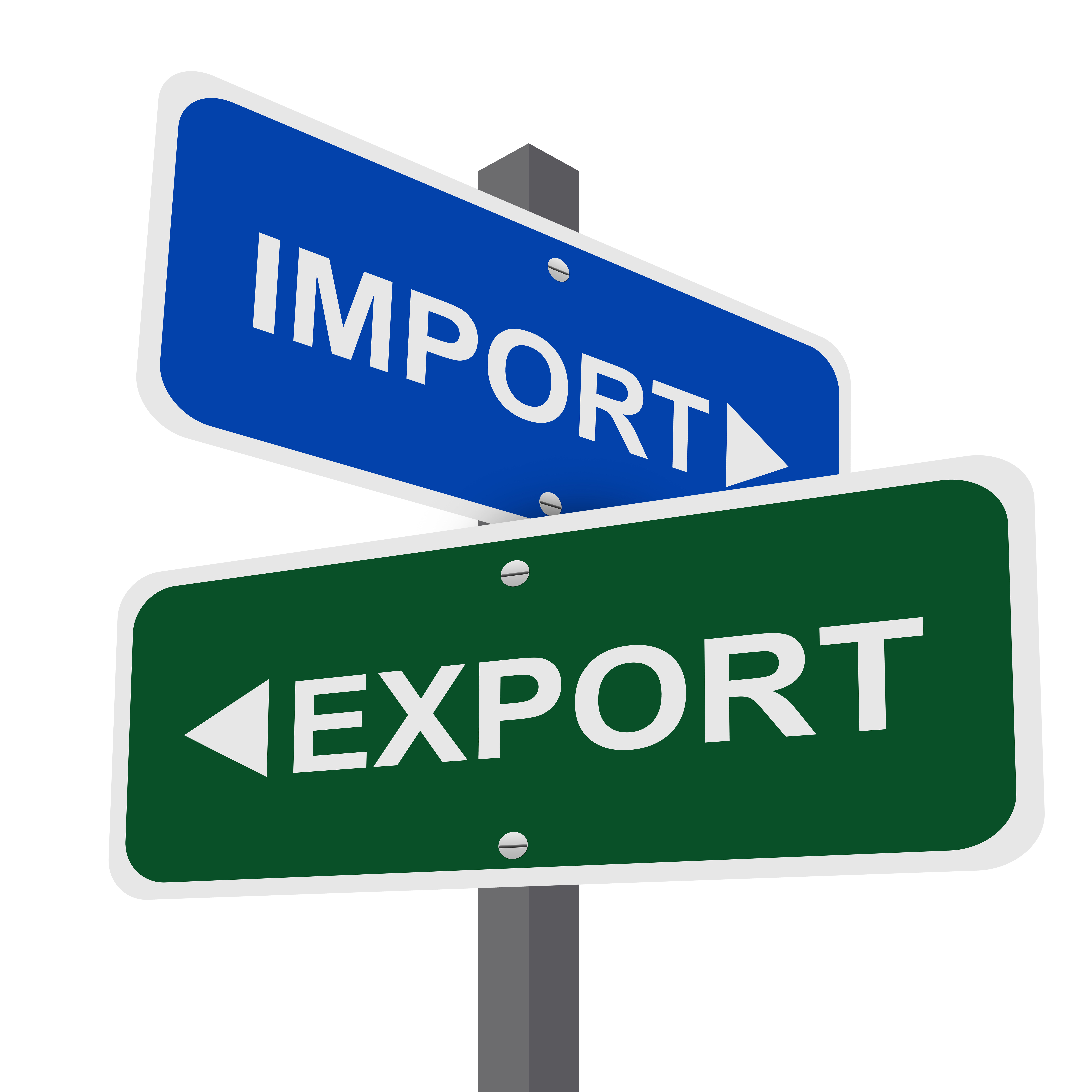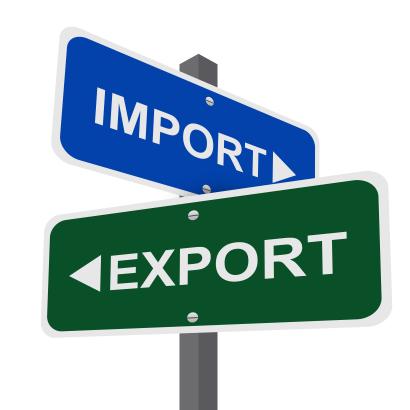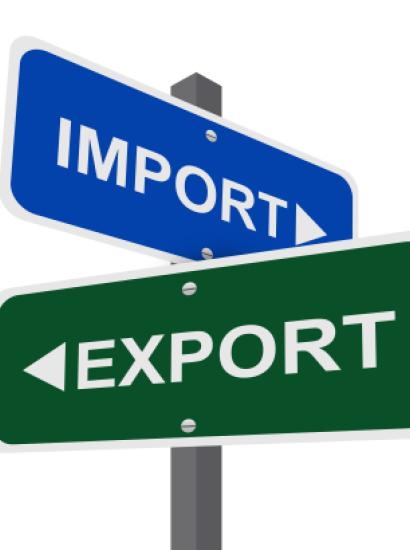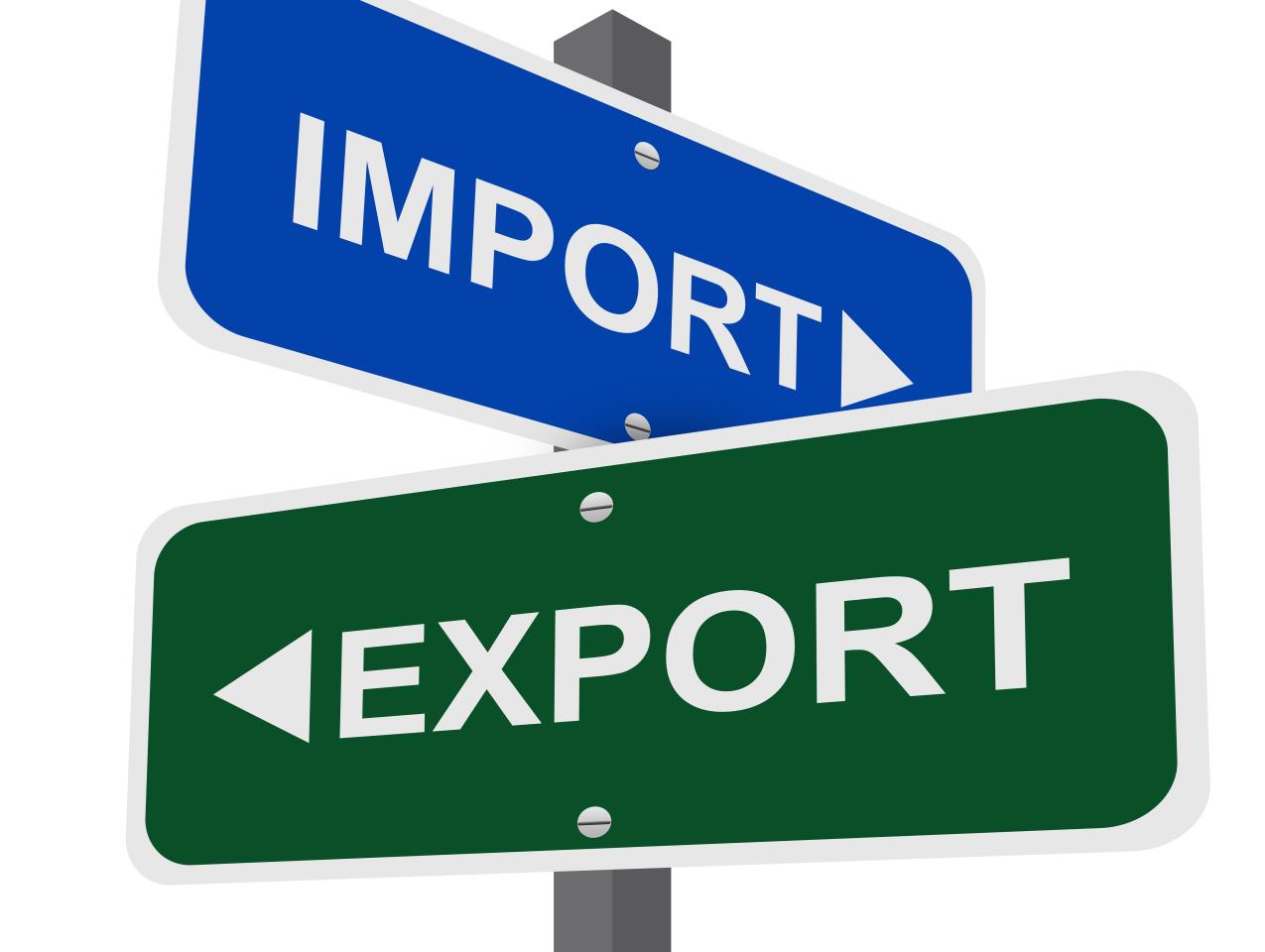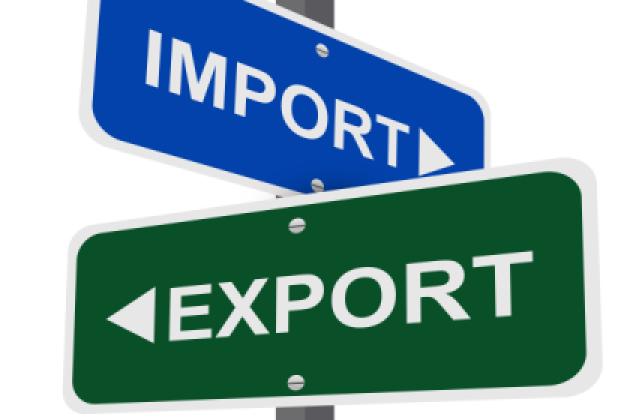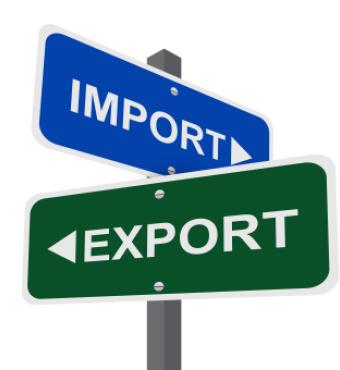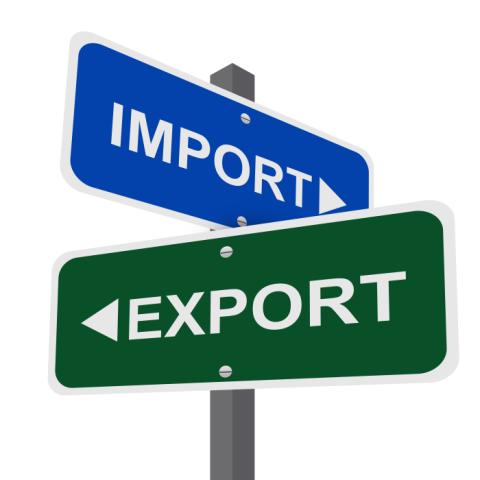It is hard to believe that less than a week has passed since Donald Trump made his presidential address to the joint houses of Congress. The success or failure of his administration will depend largely on the policies it adopts—and his speech is a good window into his administration’s plans. Trump articulated pro-market views domestically, but deeply flawed protectionist views internationally. It’s possible that genuine economic growth will result from the former. But it is equally plausible that implementing his protectionist trade policies will lead to economic disaster. How he resolves this tension may well determine whether he succeeds or fails as president.
Trump’s recipes for domestic economic reform are often right on the money, given that they loosen regulatory barriers that thwart domestic competition. His speech was on target when he announced that “the time has come to give Americans the freedom to purchase health insurance across state lines—creating a truly competitive national marketplace that will bring cost way down and provide far better care.” The President understands that competition drives prices down and reduces administrative costs. This economic victory was squandered when the Affordable Care Act spurned interstate competition in favor of a hugely complex system of regulatory markets that have proved to be, as predicted, unsustainable.
And the same day that Trump gave his presidential address, he took constructive first steps toward curbing regulation by signing an Executive Order that would undo Barack Obama’s ungainly 2015 “Waters of the United States” Rule. Trump’s new Order stated: “It is in the national interest to ensure that the Nation's navigable waters are kept free from pollution, while at the same time promoting economic growth, minimizing regulatory uncertainty, and showing due regard for the roles of the Congress and the States under the Constitution.” The beauty of this Order is that it keeps the objective so simple that silly and duplicative regulations will not strangle economic growth by cutting out state control on local matters—precisely what Obama’s 2015 Order did.
The great mystery of Trump’s mindset is that he does not carry over the market-driven principles of his sensible domestic policies into the realm of international trade. The introduction of national borders does not mean that the gains from competition, certainty, and administrative simplicity no longer apply. The key principle of comparative advantage applies in both contexts. A good analogy is trade between states in the United States: Open trade among our states has produced growth and lowered costs for goods and services—and it could do the same at the level of nations. It would be a national disaster if states erected barriers to goods and services coming from other states. Trump’s views on international trade represent outright invitations to the worst mercantilist excesses found in Obama’s protectionist trade policies.
At the root of Trump’s intellectual confusion lies his statement that “I believe strongly in free trade but it also has to be FAIR TRADE.” (The all-caps are vintage Trump.) The former term is easily defined. Each government allows cross-border transactions in goods and services to take place on the same terms and conditions as ordinary domestic trades: no tariffs or quantitative restrictions on the flow of goods, services, or cash. The net cash balances, plus or minus, are of no particular concern. Let them fall as they may. Where there is a trade deficit with a particular country, it only means that the United States has persuaded individuals and firms from other countries to invest their money in the United States, where it can help fund new domestic businesses that generate growth, jobs, and products.
Unfortunately, Trump’s key trade advisor, Peter Navarro, does not understand this point. He took to the pages of the Wall Street Journal to explain why the White House worries about trade deficits. In his static view of the world, forcing U.S. automakers to use American parts and labor will improve our position in export markets. But that is not so. The reason American firms go overseas is that the cheaper parts and labor allow them to sell more effectively both domestically and abroad, which is why it is presidential foolishness to badger companies like Carrier to maintain plants in the United States. The market responds to incentives that the protectionists ignore.
Ideally, of course, all nations should follow the same policy, but often, for a variety of protectionist reasons, many nations try to prop up exports with subsidies and drive down imports with tariffs or quantitative restrictions. The hard question is how to improve the position for the United States in this second-best world. Trump is keenly aware that we often face tariffs and taxes overseas, while foreign goods come into this country virtually free. But, notwithstanding his distaste for this practice, there is a huge virtue in adopting a strict policy of non-retaliation that seeks to lift tariff barriers overseas without raising tariffs at home. The subsidies that foreign governments confer upon their export industries redound in part to American buyers, who in turn increase their levels of consumption, or reduce the costs of the goods that they make for sale in both domestic and export markets.
The term “fair trade” is less easily defined, though it covers a multitude of bad policies, like the imposition of tariffs and restrictions on the free flow of goods. And when that phrase is used, as Trump did in withdrawing from the Trans-Pacific Partnership negotiations, “to promote American industry, protect American workers, and raise American wages,” he is asking for trouble. By putting a tariff wall around the United States, he is removing the pressure that state and local governments have to make their own businesses more productive and competitive by internal deregulatory reform. His approach to bilateral negotiations could easily lead to a downward global spiral that will engulf the United States.
Trump’s backward views on international trade are reflected in his constant refrain that we should “Buy American and Hire American” domestically. On the positive side, he issued an executive order allowing the Keystone XL and Dakota Access pipelines to move forward on an orderly basis—following endless Obama administration regulatory delays, long after all environmental or preservationist issues were resolved. Yet at the same time, he issued the related but indefensible Executive Order that “all new pipelines, as well as retrofitted, repaired, or expanded pipelines, inside the borders of the United States, including portions of pipelines, use materials and equipment produced in the United States, to the maximum extent possible and to the extent permitted by law.”
Fortunately, these last two phrases show some wiggle room that is often overlooked in the press headlines, because this EO applies, except when it doesn’t. It is hard to give economic content to the phrase “maximum extent possible,” because the words conceal the question of just how much unnecessary extra cost must be incurred in order to make good on a promise that, if kept, only drives up the energy costs of American manufacturers and consumers. Nor is it clear how much of this order can survive the provisions of the World Trade Organization that prevent various kinds of favors to local over foreign suppliers.
The argument here is, again, straightforward. Any form of discrimination distorts the relative value of competitive goods and thus leads to economic efficiencies, which the WTO is intended to combat. With these two pipelines, the problem was happily skirted because both companies had purchased and stored the needed steel pipes before these Executive Orders were issued, making it wasteful to chuck large quantities of steel. But the possibility that such “Buy American” Orders will resurface is ever present. The irony is that the populist Trump is taking a leaf out of the Obama playbook: The previous administration’s American Recovery and Reinvestment Act contained complex “Buy American” provisions that exacerbated the slow growth of the Obama years.
For some reason, Trump wants to blame our economic woes on other countries rather than on the bad policies of the Obama administration. Thus, at one point in his speech, Trump raised the reckless charge that it is our foreign entanglements that have led to our domestic distress. He lamented: “For too long, we’ve watched our middle class shrink as we’ve exported our jobs and wealth to foreign countries.” The first half of this charge again ignores the benefits at home from exporting jobs that can increase the supply and reduce the costs of services that are consumed at home, as well as strengthening through trade our alliances with other countries. It never occurs to Trump that it is the domestic obstacles in labor markets—and not free trade—that stunt job growth and lead to wage stagnation. And no country just gives away wealth to foreign countries without getting some concessions in return. We are not being bled dry by foreigners.
To this point, it is instructive to look more closely at some of America’s most economically beleaguered cities, like Baltimore, Chicago, and Detroit. It is not credible to think that the large population declines in Baltimore, from about 940,000 in 1960 to 622,000 in 2013, relates to any international trade events, especially since extensive federal funds have been funneled, directly or indirectly, into these failing cities. But there has been no corresponding economic growth in these cities because they have not made any meaningful internal reforms. Failing local governments will do far better by following the same program of deregulation and tax reduction that Trump favors at the national level.
Trump insists that “America must put its own citizens first,” but fails to see the disaster that can follow if this mantra leads to the introduction of new protectionist policies. “A great wall” along the Mexican border will do nothing for America other than inflame passions with one of our vital trading partners. It’s a similar story with infrastructure repair. Protectionist “Buy and Hire American” policies will only impoverish this nation as they alienate the rest of the world. Infrastructure will only be restored if we reverse the wildly restrictive permit policy that has made it easier to file applications and law suits than to engage in new construction. Here, again, some well-directed domestic reforms will far outperform any pointless diatribe against our trading partners and military allies.
The difficulty with Trump on this and so many other issues is that he does not have the patience or understanding to separate the wheat from the chaff. So he is right that the stock market is up over three trillion dollars since the election. But much of that uptick is attributable to the repudiation of the progressive policies of the Obama era. Another large source of that gain stems from the sense that Congress may well balk when it comes to funding Trump’s quixotic wall or approving his ill-considered trade policies. Let’s hope that the President’s sensible domestic agenda will not be done in by his misguided international trade policies.







